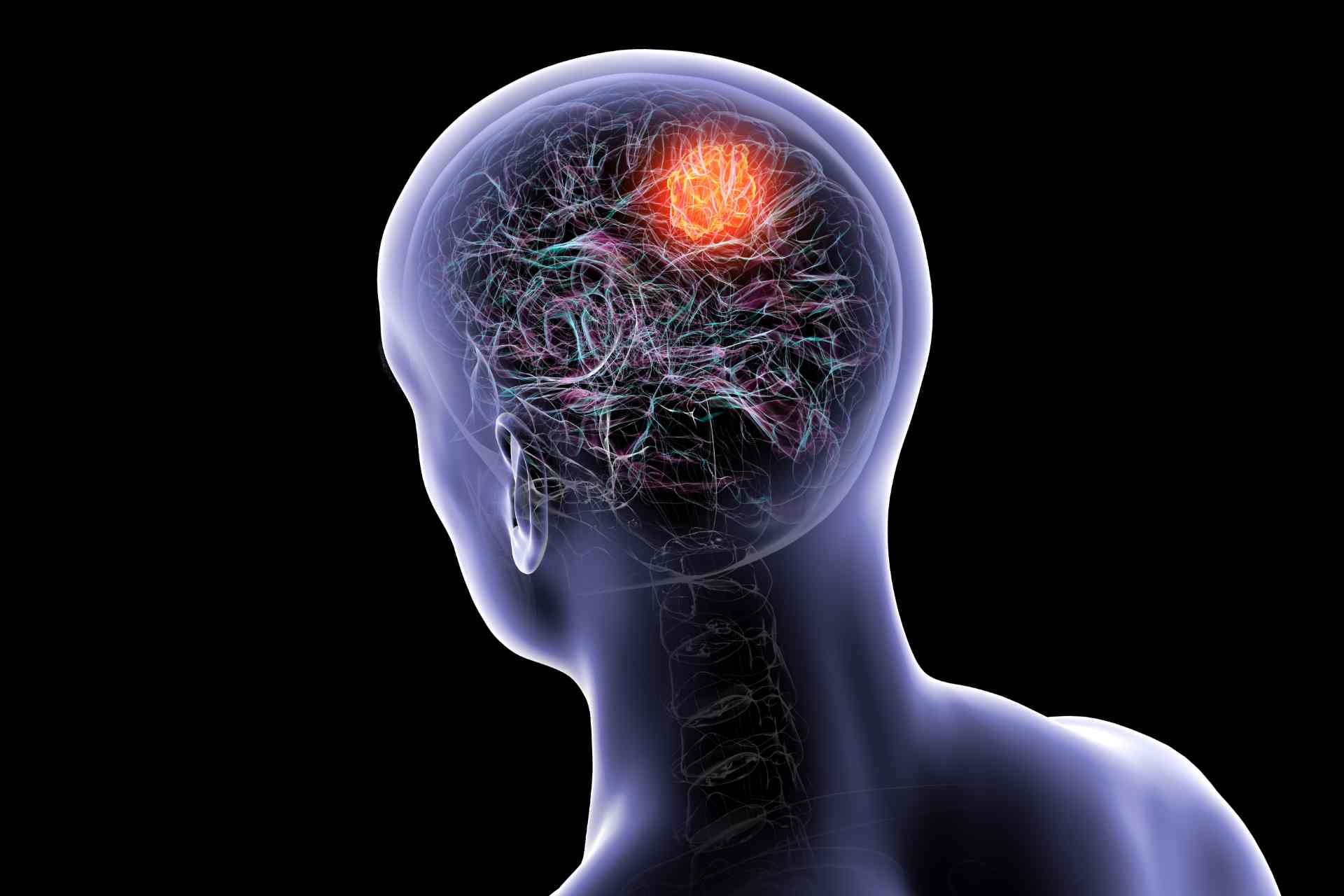Glioblastoma is the most common and aggressive brain cancer in adults, and fewer than 7% of patients survive five years. A study now shows that supplementing mice with the amino acid tryptophan alters the gut microbiota, improving immune responses as well as the efficacy of immunotherapy against glioblastoma.
The findings, published in Cell Reports, suggest that gut microbes can be targeted to improve brain tumor treatment.
Glioblastoma is difficult to treat because it doesn’t attract enough T cells that can kill the tumor, and many of these cells get stuck in the bone marrow instead of reaching the brain. Gut bacteria are known to influence cancer treatment in other parts of the body, but their role in brain tumors is not well understood.
Researchers led by Hyeon Cheol Kim at the Korea Advanced Institute of Science and Technology in Daejeon, Republic of Korea, explored how gut bacteria and the amino acid tryptophan affect the immune system’s ability to fight brain tumors such as glioblastoma.
Improved survival
In mice with glioblastoma, the gut microbiota composition changed as the tumor progressed, showing fewer beneficial bacteria and more harmful ones. Mice with normal gut bacteria lived longer than those without, and only gut bacteria from healthy, tumor-free mice improved survival when transplanted into other mice.
The researchers also found that the levels of tryptophan dropped during tumor growth. Feeding tryptophan to mice restored a healthy gut microbiota, boosted the animals’ immune response, reduced tumor size, and improved survival.
Tryptophan improved survival by increasing the activity of CD8 T cells, which can kill tumor cells. The improved survival disappeared when these T cells were removed, the researchers found.
Boosting treatment
Tryptophan also helped T cells move more freely through the body, preventing them from getting trapped in the bone marrow. However, germ-free mice didn’t improve with tryptophan alone but did when they received gut bacteria from tryptophan-treated mice.
A specific microbe, Duncaniella dubosii, was especially important, as its levels dropped during tumor growth but increased with tryptophan supplementation. Combining tryptophan and D. dubosii with immunotherapy further boosted survival.
The findings suggest that maintaining a healthy gut microbiota, through diet or dietary supplements, may support brain cancer treatment, the authors say. What’s more, they add, “the investigated dietary intervention and the utilization of D. dubosii in this study offer potential considerations for the treatment of brain tumor patients or lifestyle modifications.”









